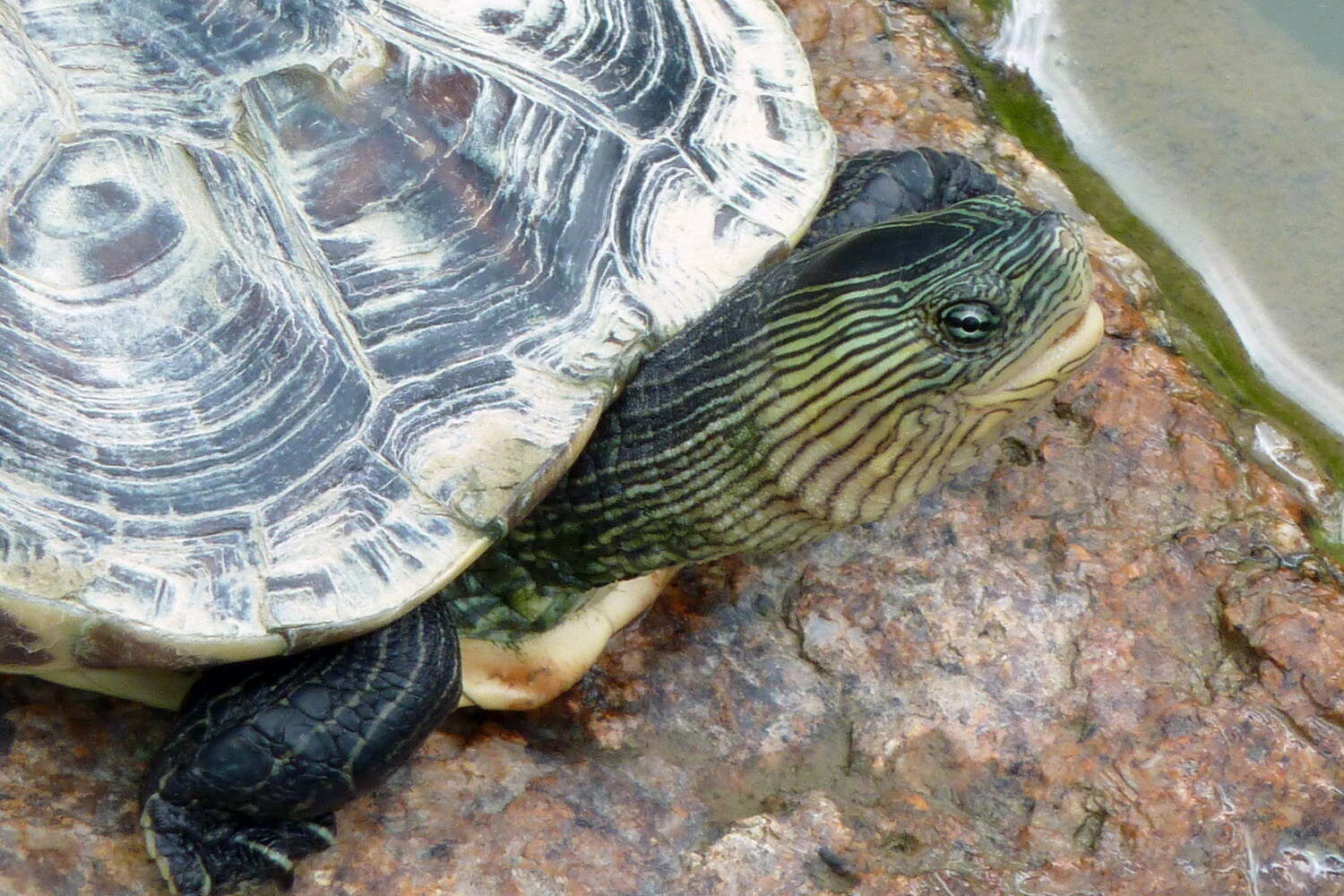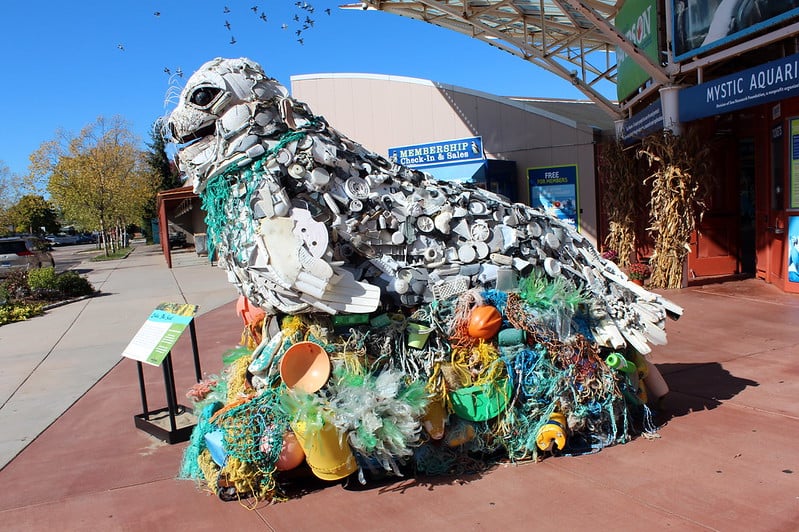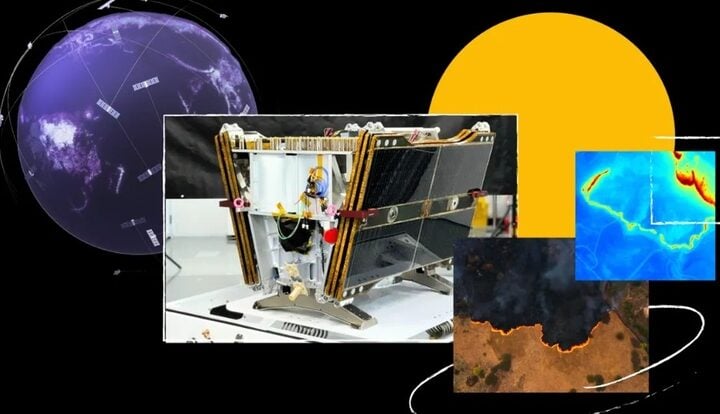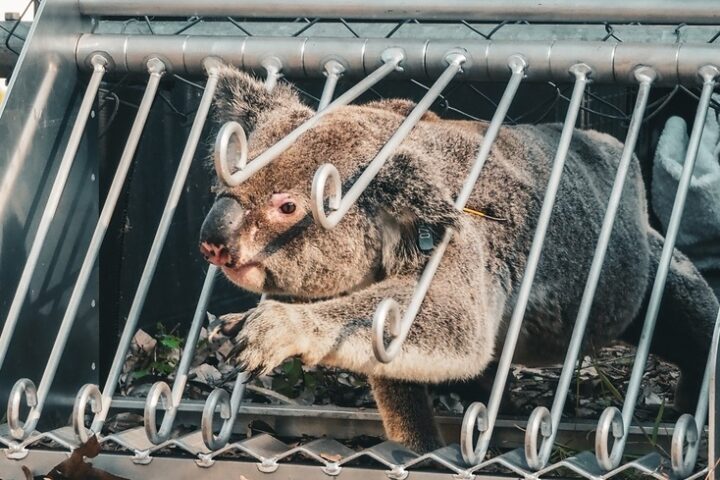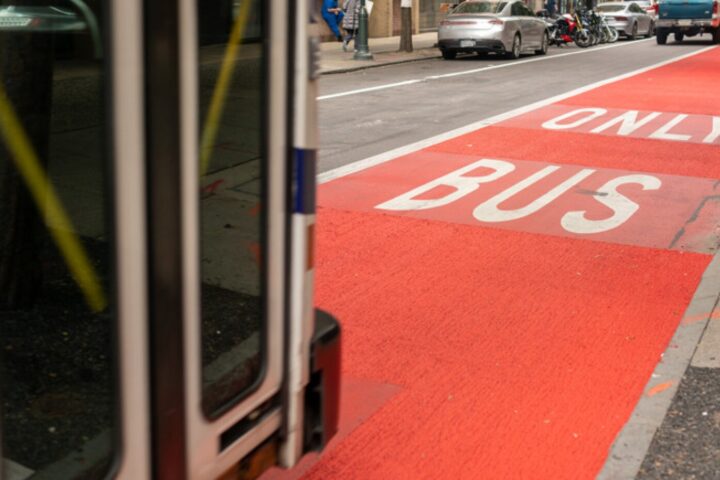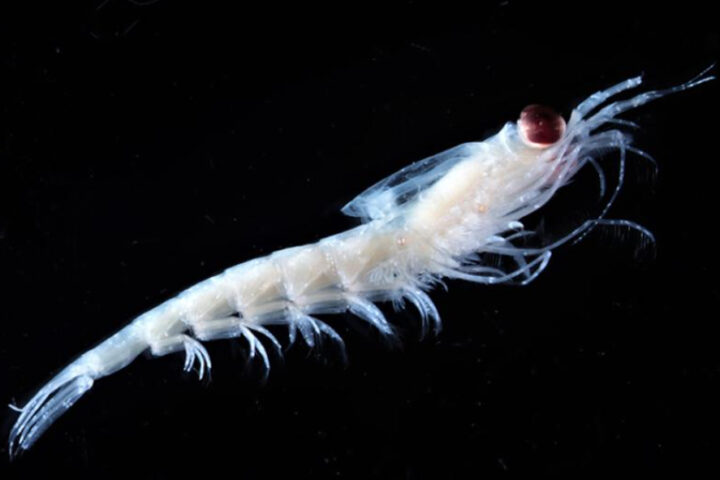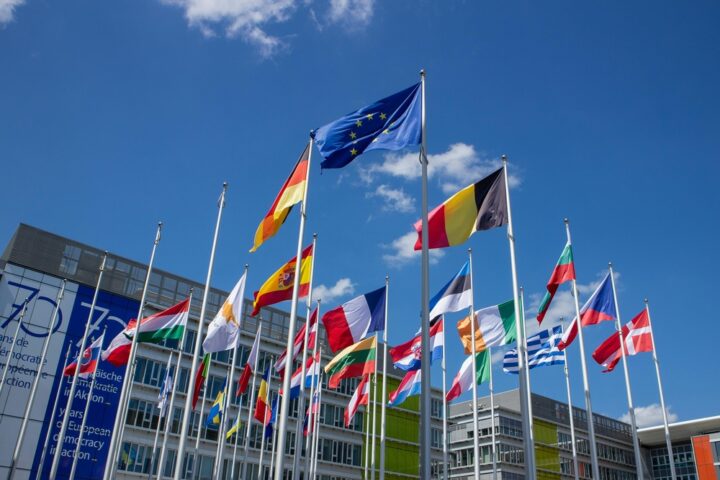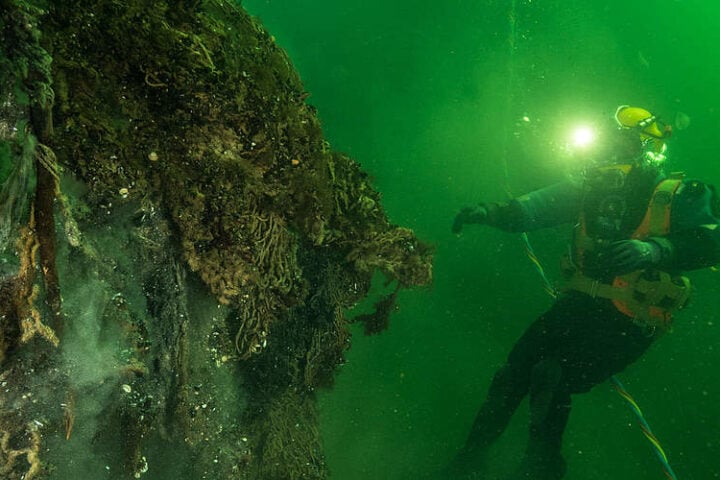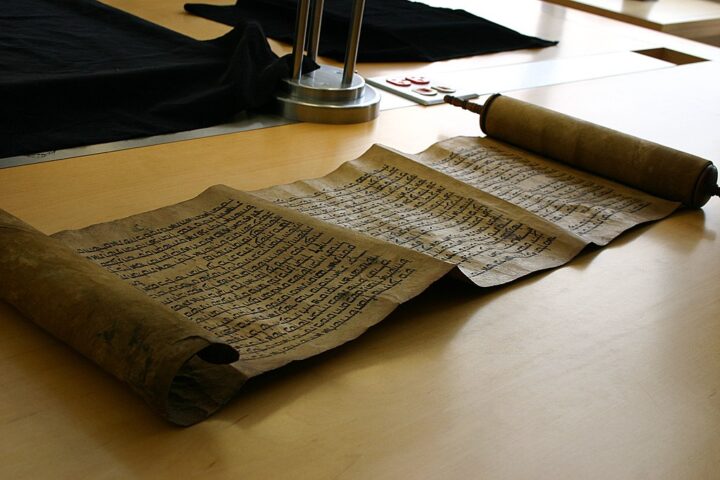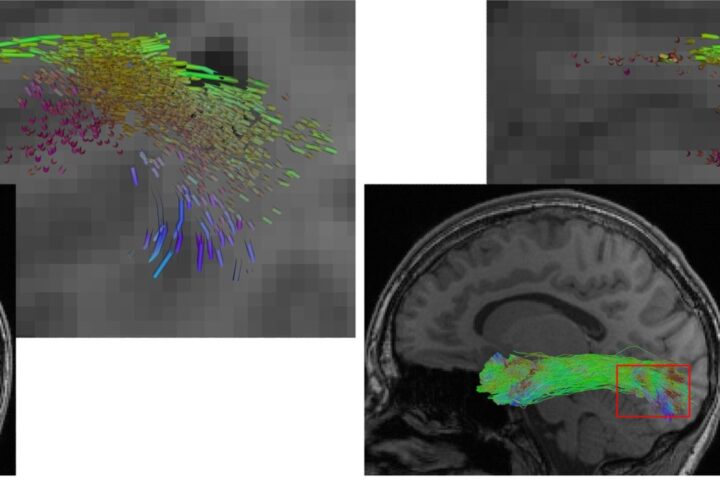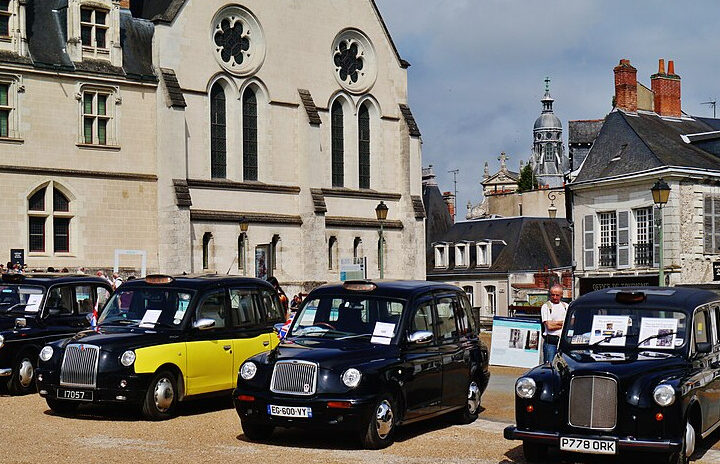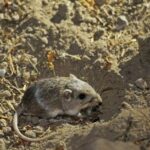The International Fund for Animal Welfare (IFAW) and Baidu unveiled AI Guardian of Endangered Species 2.0 today, expanding their technological arsenal against illegal wildlife trade. This AI-powered system identifies 34 commonly traded species on online platforms with an 86% accuracy rate.
The release comes at a critical time. Since 2005, IFAW has observed wildlife traders adapting their methods to evade detection, prompting the organization to embrace artificial intelligence solutions. The first version of AI Guardian, developed in 2019 using Baidu’s PaddlePaddle deep learning platform, has proven effective – screening 360,000 suspected illegal wildlife product images and detecting 21,271 images of targeted species, leading to the removal of 7,853 illegal postings.
Version 2.0 expands its capabilities to address the growing exotic pet trade, adding 20 species of tortoises and four parrot species to its detection capabilities. The system now covers these alongside 10 commonly traded wildlife products, including elephant ivory, pangolin scales, and saiga antelope horn.
“Over the past two decades, IFAW monitored illegal wildlife trade online and witnessed how criminals have evolved their technology to make combating wildlife cybercrime an increasing challenge. IFAW is committed to use fresh thinking and bold actions using AI solutions to tackle wildlife crime and safeguard biodiversity,” states Jeff He, IFAW China Country Director.
More Stories
The new version incorporates the Large Vision Model and Semi-Supervised Learning, trained jointly by IFAW and Baidu PaddlePaddle. A key feature is its accessibility – the system operates through Baidu AI Studio’s zero-code pipeline, enabling non-technical staff to utilize it effectively.
Owen Zhang, Senior Marketing Manager of Technology Platform Group at Baidu, explains: “Through the zero-code pipeline of Baidu AI Studio, IFAW staff who are not computer engineers can simply use a graphical user interface to select the most suitable models and use their own datasets to complete the training, iteration, and deployment of the AI Guardian.” He adds, “With this development, we are moving one step closer to a future in which everyone can be a developer.”
The platform will support third-party developers and researchers in creating their own biodiversity protection tools using PaddlePaddle. The model will be upgraded regularly to incorporate the latest technology development and will expand the number and variety of species covered to keep up with latest trends in wildlife cybercrime.
IFAW is developing a user interface for law enforcement and Civil Society Organizations (CSOs) to identify target wildlife images and listings. An online course introducing AI solutions for combating wildlife cybercrime will launch in 2025, initially targeting Southeast Asian countries including Thailand, Vietnam, Cambodia, and Laos before expanding to other regions.
